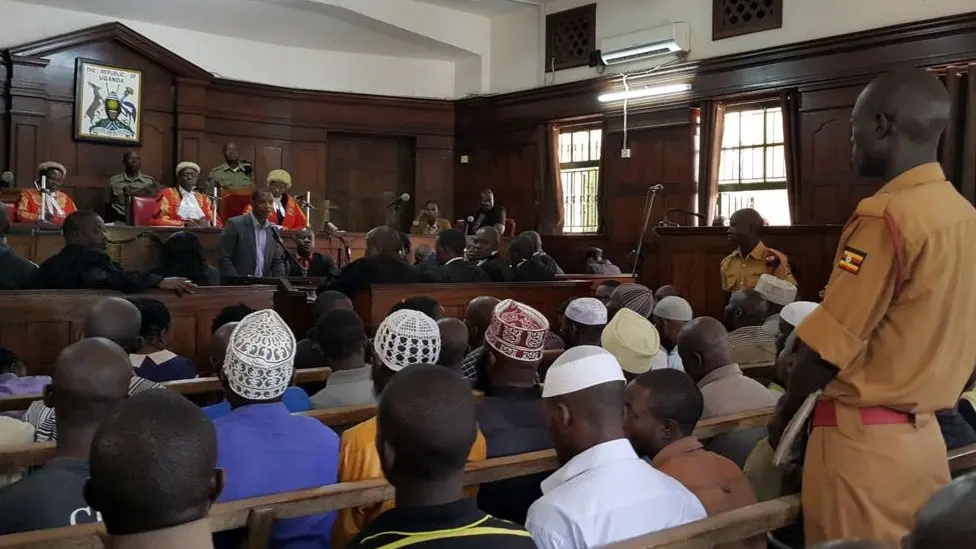By Isaac Christopher Lubogo
“The wicked flee when no one pursues, but the righteous are bold as a lion.”
— Proverbs 28:1
Yet what happens when the lion, too, flees?
When the innocent runs—not out of guilt, but out of exhaustion, misunderstanding, or survival?
When the one who has done no wrong disappears into the shadows—
Not because they’re hiding something,
But because the world has taught them that truth is no defense in a court of public perception?
We were taught that the guilty run before they are chased—
That guilt has feet, it moves quickly,
It avoids the mirror,
It sweats in silence,
It cannot rest beneath the gaze of truth.
Yes, this is often true.
But not always.
Sometimes, it is the innocent who run.
Not because they are hiding,
But because they are tired of being hunted by misunderstanding, suspicion, and history.
They run because the crowd loves a culprit more than a contradiction.
They run because they have been here before—
Where silence is guilt,
Where stillness is arrogance,
Where self-defense is resistance,
And where innocence becomes evidence against them.
Lubogo has seen this:
In courts, where the humble are mistaken for deceitful.
In churches, where the wounded are labeled rebellious.
In politics, where the honest are branded enemies of the state.
In love, where the loyal are discarded as naïve.
In the village, where the orphan runs not because he stole—
but because no one would believe he didn’t.
So yes, the guilty run.
But sometimes, the purest soul flees too.
Not from the truth,
But from a world that has made the truth unlivable.
To run is not always to confess.
Sometimes, to run is to preserve.
Sometimes, it is to breathe.
Sometimes, it is to choose exile over crucifixion.
There are those who know they are innocent,
But they have learned that the accusation comes first and the evidence never comes.
So they flee the village.
They quit the ministry.
They disappear from social spaces.
They avoid family gatherings.
Not because they are wrong
But because the world is often drunk on the blood of the misunderstood.
Lubogo would ask:
If Christ were tried today, would He be silent or would He run?
Would He explain or withdraw?
Would He wait for justice in a crowd that has already shouted “Crucify!”?
Sometimes silence is dignity.
Sometimes escape is resistance.
Sometimes disappearance is protest.
Not all who run are afraid.
Some are simply tired of proving what should have been seen.
So let the village rethink its wisdom.
Yes, the guilty may flee.
But remember:
So do the pure—when the pitchforks are sharper than the truth.
So do the just—when the court is built on whispers.
So do the prophets—when the mob no longer listens.
In the world of Lubogo,
Where language is weapon, and silence is trial,
We must learn to ask not only who ran,
But also:
Why did they run?
And what did we become to make the innocent fear our presence?
Only then can justice begin.
“Some men ran because they stole. Others ran because the law stole from them first.”
— Lubogo’s Law, Volume III: On Truth and Perception
# Suigeneris








